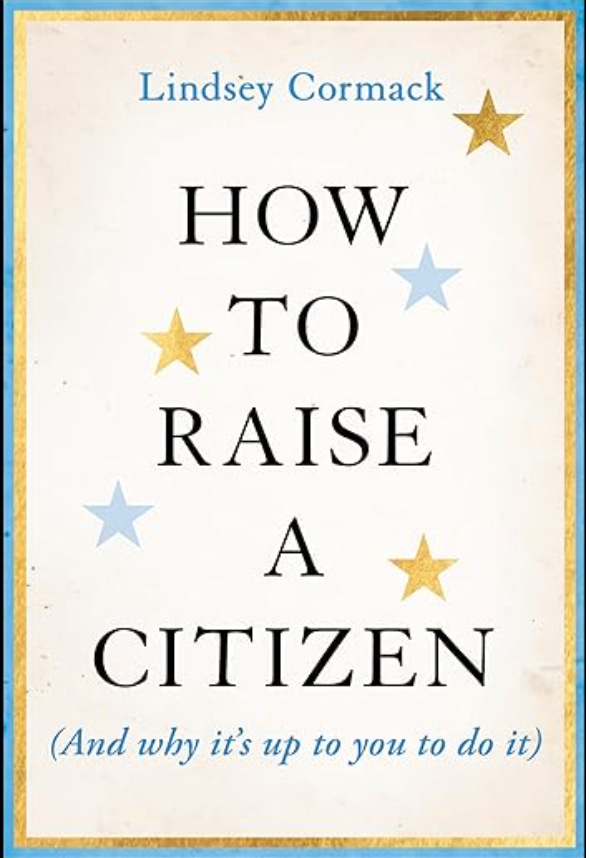A short mid-week note
My version of civic poetry
I’m not a political news junkie. I can’t keep battleground states straight and like I confessed on Super Tuesday, I get confused about how primaries work.
I’m not going to tell you that headlines about the upcoming presidential debates don’t make me feel drained. Setting all that aside, remembering that civics is distinguishable from politics is especially therapeutic in the midst of an election year.
Don’t get me wrong — understanding how government works is important. Things like voting, taxes, and Constitutional rights matter. Elections impact our lives in ways big and small. But the idea of civics is so much bigger than anticipating the outcome of a national election. To me, civics is about telescoping down to the finer, softer points - how we show up for each other, how we interact with the world, how we make each other feel. If we’re lucky, it’s a very long game we’re playing and it’s not zero-sum.
If, like me, politics isn’t your thing and you’re part of the “Exhausted Majority” - that’s OK!! What I love about civics is it gives us so many ways to flip the script, especially as bright eyed parents hell bent on raising good people. When the headlines make it seem like we’re in a Groundhog Day loop, it helps to remind myself that the reason I moderate a Substack on emotionally intelligent civics is because I fully believe it’s possible to find our way through the election (and beyond) with hope, positivity and humor.
Part of helping each other feel empowered to play the long game is passing along resources as I find them. One of my first contributors was Lindsey Cormack, a political science professor and writer who, when we first met, was just putting the finishing touches on a playbook for parents on raising the next generation of citizens. Her book is coming out in August. Everything you need to know is below.
More soon,
Sarah
An essential guide to nurturing the next generation of responsible, informed citizens.
Lindsey Cormack's book, How to Raise a Citizen (And Why It's Up to You to Do It), speaks directly to an America in which civic knowledge is alarmingly sparse and many people dread politics. It's a tool for parents, educators, and anyone eager to fill this gap. In the book, Cormack offers an engaging and practical approach to discussing political issues and the inner workings of the U.S. government with children. She explains why our schools can no longer be the sites of civic education that they used to be and provides parents with strategies and necessary know-how to be able to impart these lessons to their children. From the intricacies of the voting process to the foundational principles of democracy and the significance of key government documents like the Constitution, the author demystifies complex topics with clarity and insight.
You'll also find:
Data about the current state of the American citizenry, our educational approaches to civics, and the risks of civic disengagement
A framework for starting important political discussions at home
Comprehensive explanations of American federalism and how different branches of government are responsible for different functions
Strategies for navigating federal, state, and local elections
How to Raise a Citizen is a roadmap to a future where political dialogue and civic engagement are not just encouraged but celebrated in our homes. With actionable advice and easy-to-understand explanations, it empowers readers to instill a sense of civic responsibility and curiosity in the young minds they influence.
Perfect for parents, caregivers, educators, and anyone committed to cultivating an informed and active citizenry, this book is an indispensable resource for guiding children to understand, appreciate, and participate in the democratic process. Equip yourself with the knowledge and strategies to raise engaged citizens in today's politically charged world by adding How to Raise a Citizen to your library.


